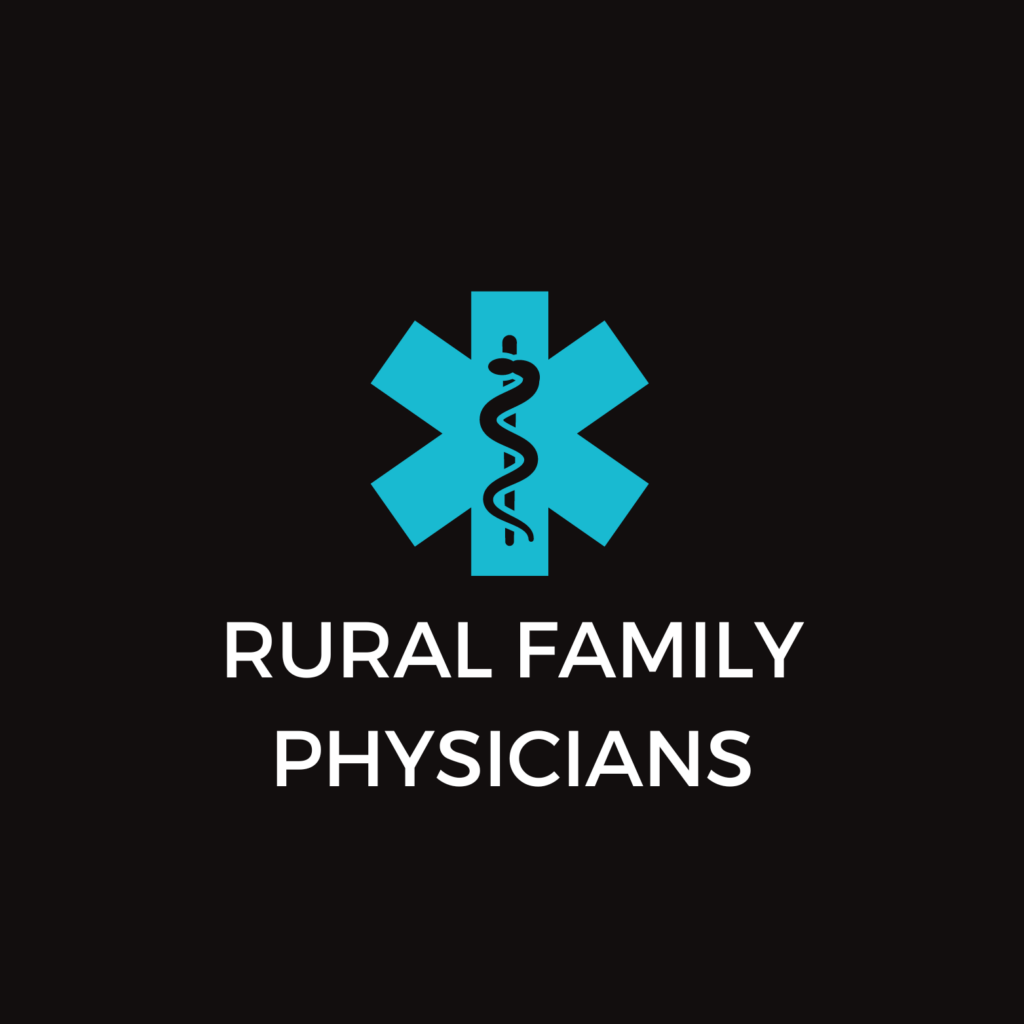Nine rural communities have joined forces to qualify the National Rural ACO (NRACO) for the Medicare Shared Savings Program. The NRACO includes a diverse cross-section of healthcare providers across the country, including Rural and Critical Access Hospitals, Rural Health Clinics, Federally Qualified Health Centers, and independent physician practices.
Accountable Care Organizations (ACOs) are required to have at least 5,000 Medicare beneficiaries and meet rigorous program requirements. This patient base can make it extremely difficult for rural areas to form ACOs. The number of beneficiaries attributed to each NRACO member community ranged from 252 to 3,507, well shy of the 5,000 beneficiaries required to participate. CMS estimates an average start-up cost and first-year operating expense of $1.7 million for an ACO, which is unaffordable for small rural community health systems. By themselves, none of the NRACO’s member communities could have qualified or afforded to become Accountable Care Organizations.
According to the NRACO’s founder, Lynn Barr, the organization was formed to overcome these barriers and make the program accessible to small community health systems: “Rural communities can join the NRACO at a fraction of the cost of setting up their own program, and reap the benefits for their communities and patients.”
“Rural health systems provide about 70% of all care to their community. This program will help them coordinate the care provided outside their community and act as advocates for their patients,” according to NRACO Board Chair, Timothy Putnam, CEO of Margaret Mary Community Hospital. “Forming the NRACO allowed us to do what is right for our patients and fulfill the mission of serving the health needs of our community, while at the same time blazing a trail for other rural communities to follow.”
The vision of the NRACO is to be the national leader of the transformation of rural healthcare systems from fee-based to value-based care by creating an affordable, replicable framework that results in the best possible health for rural communities, at the lowest possible cost, and strengthens and preserves the rural health safety net.
You can read more about NRACO here or by signing up for a free subscription to Modern Healthcare here.



